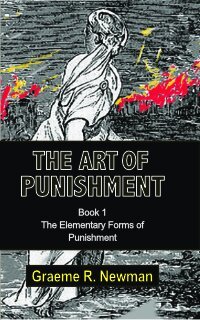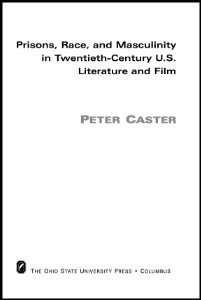By Graeme R. Newman
In this second volume, Newman helps us experience criminal punishment through the lens of artists, brilliant and mundane, never failing to confront us with the awful things we do to those who have broken the law. These 148 images show us what we are truly capable of, and how necessary it is to be convinced that the recipients of horrible punishments really deserve what they get. As such, it is essential that the guilt of the accused be established beyond reasonable doubt. Newman's poignant and concise commentaries on every picture both educate and engage, uncovering the emotive psychology of criminal punishment (that is, hypocrisy) that lies at the heart of all functioning societies. It is punitive justice at its best -- or worst. 232 pages. A great complement to any college graduate or undergraduate courses on punishment, social order, or criminal justice.
Harrow and Heston Publishers. 2021. 219p.




